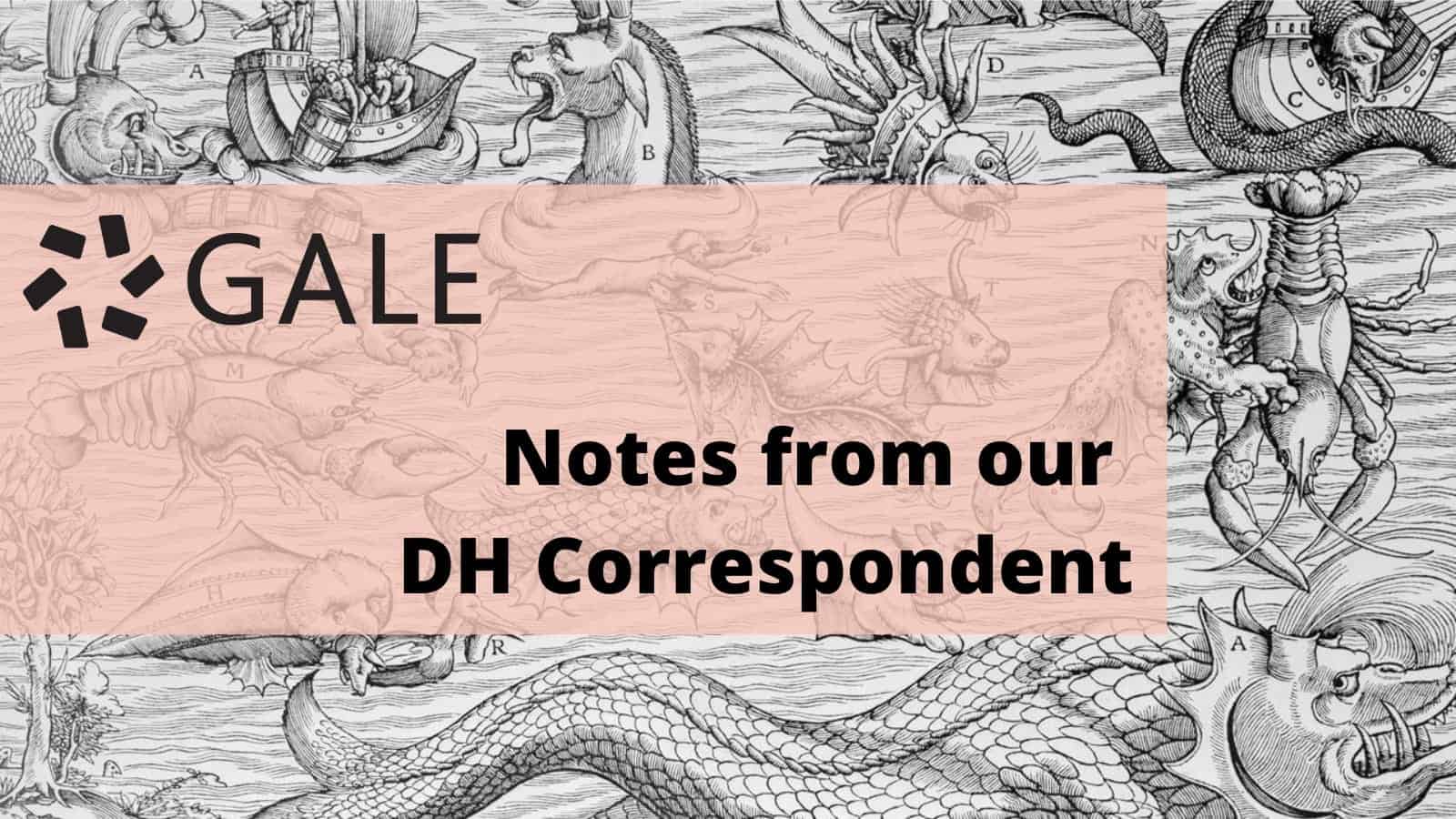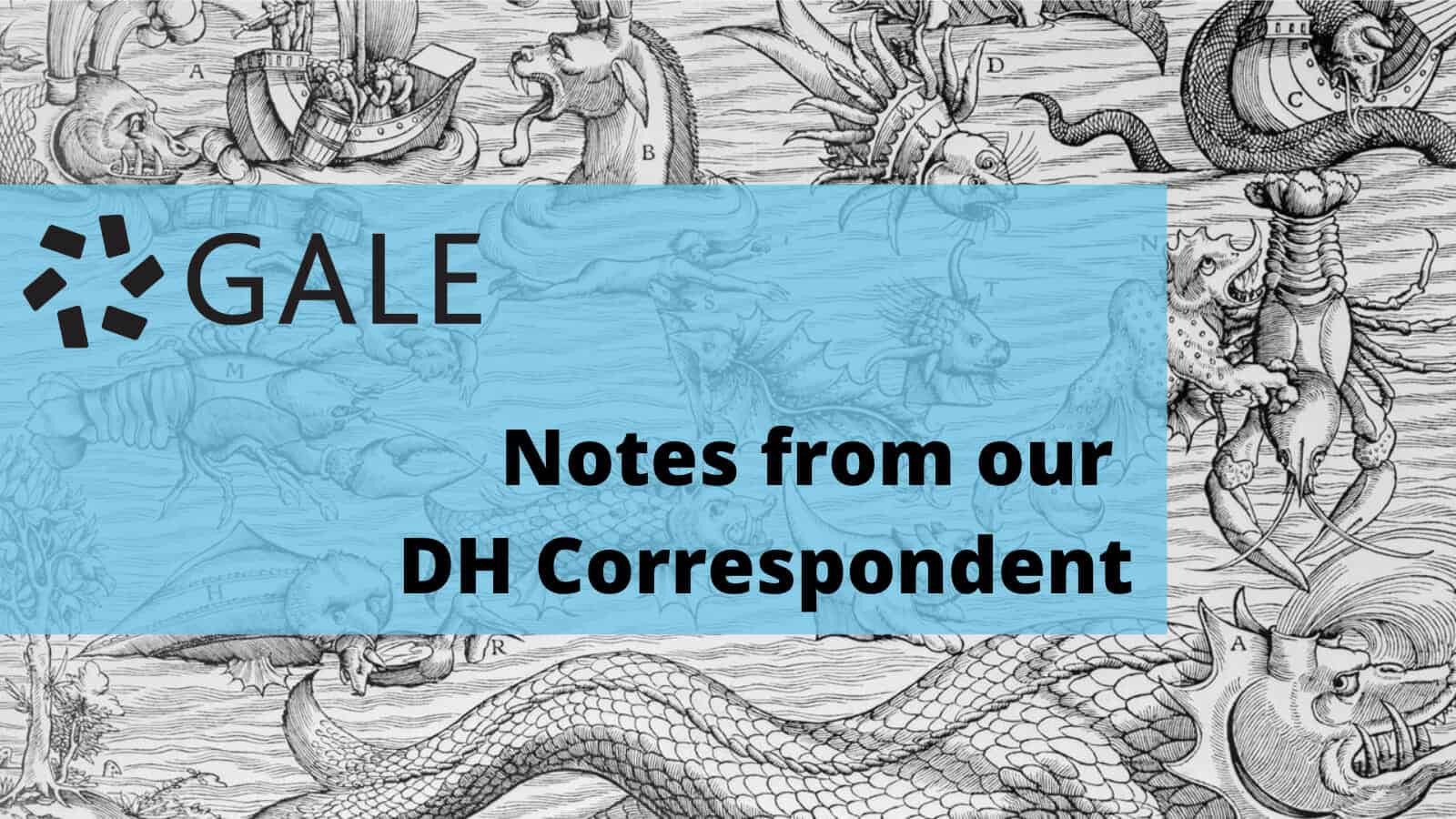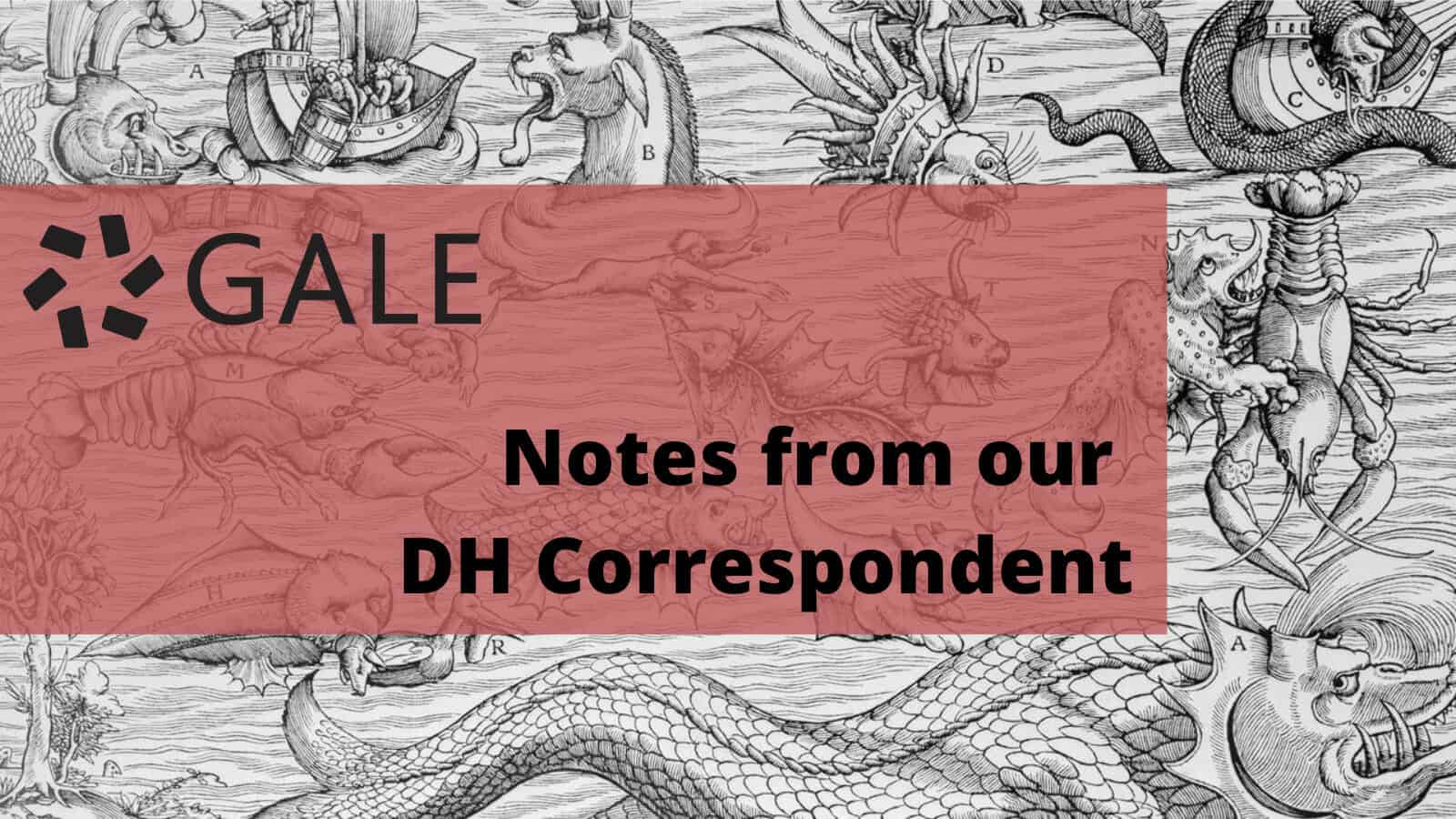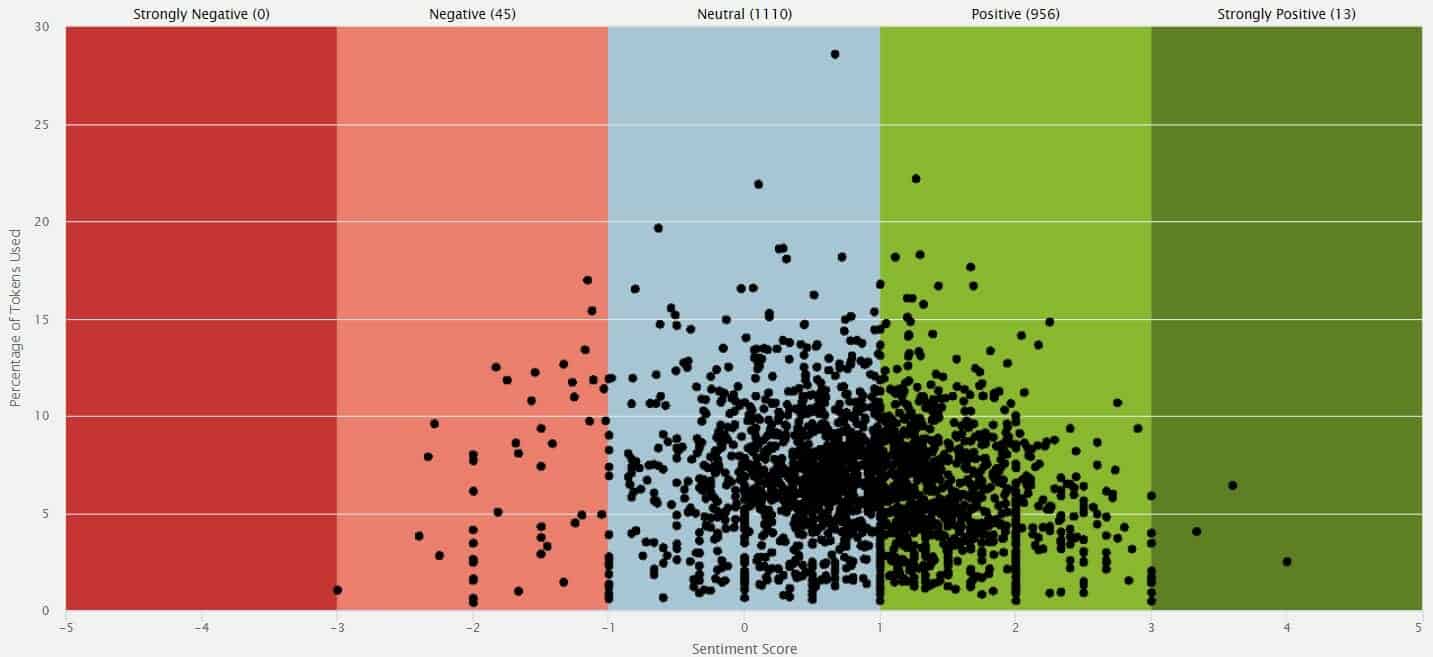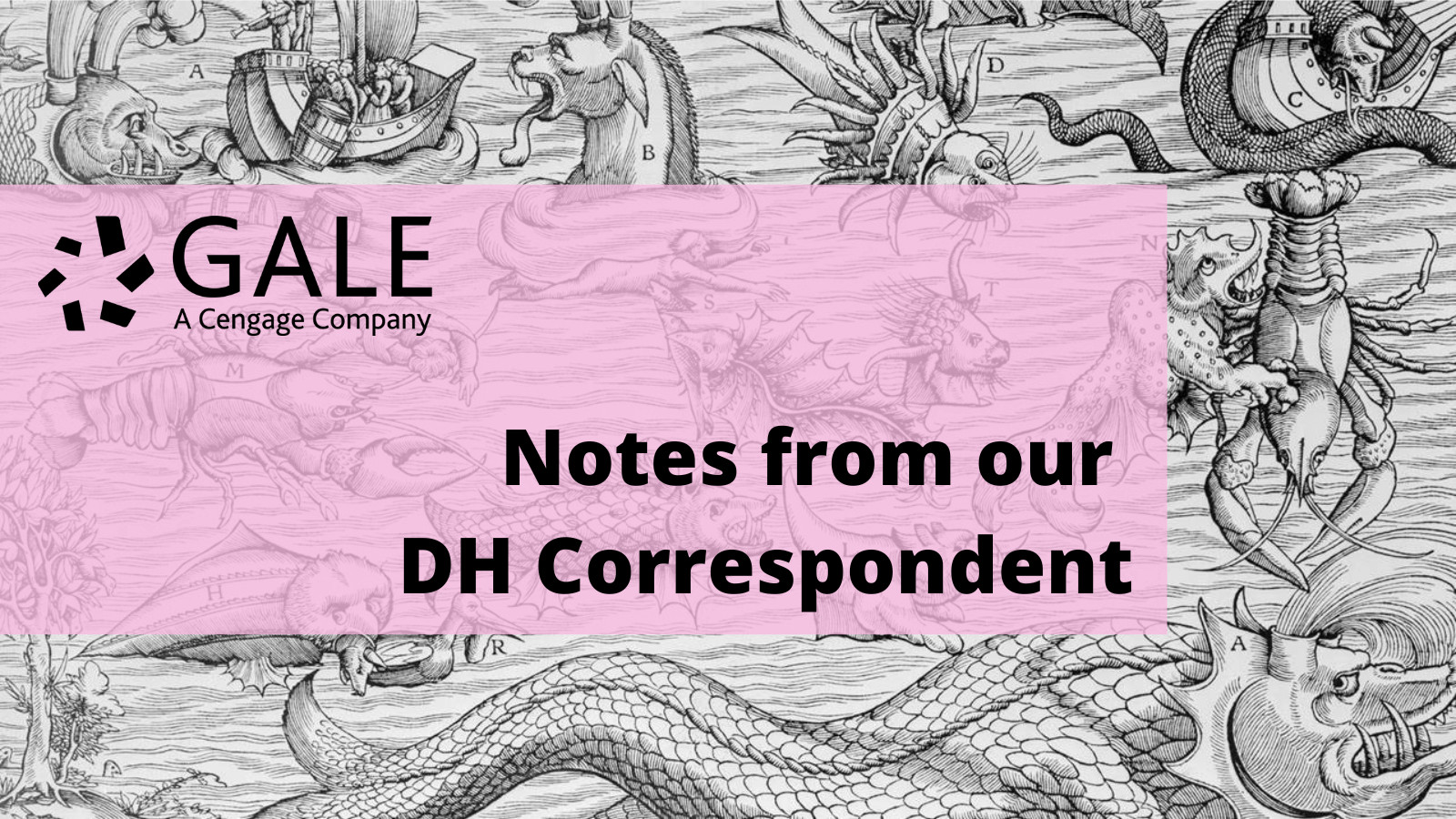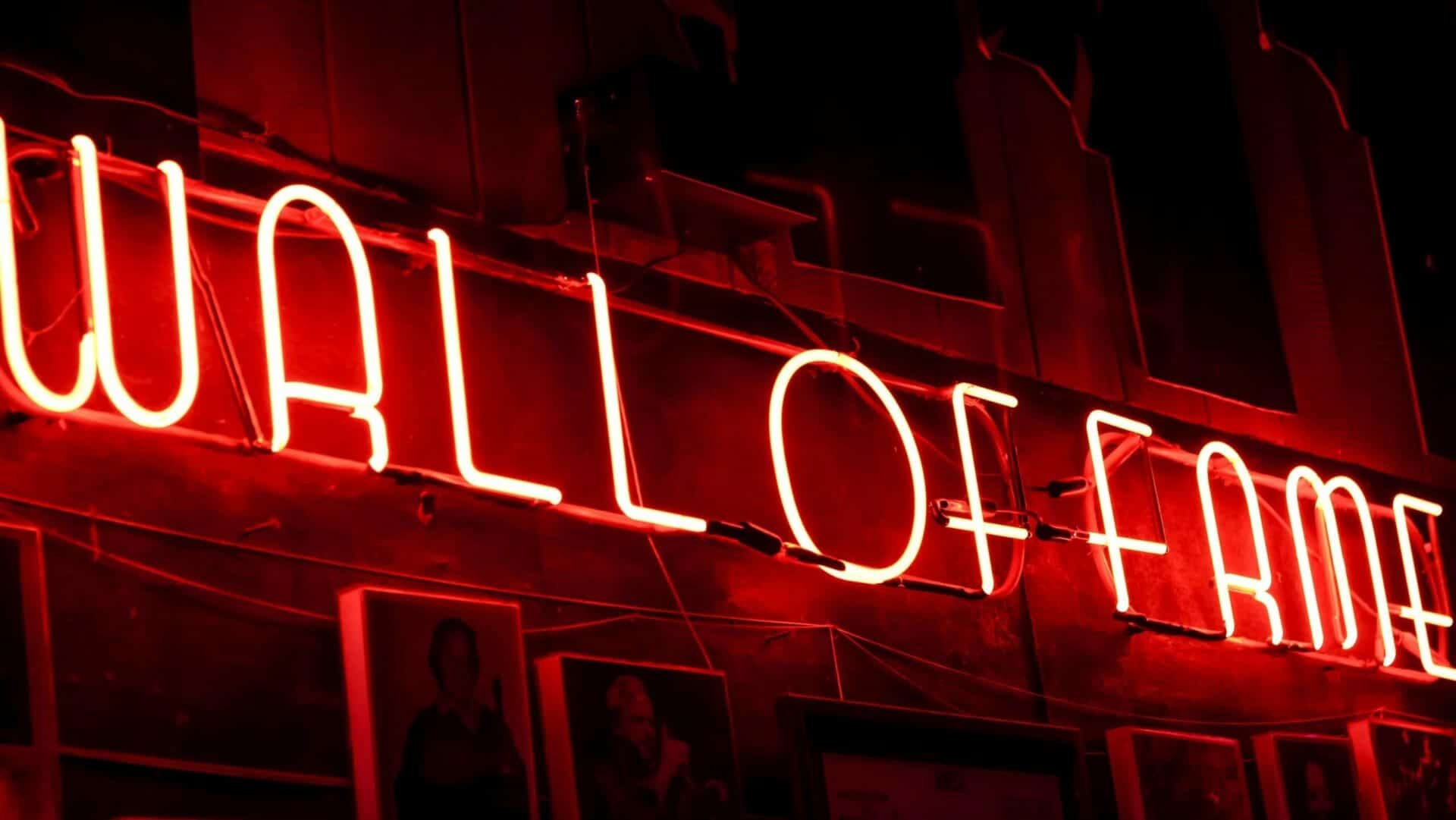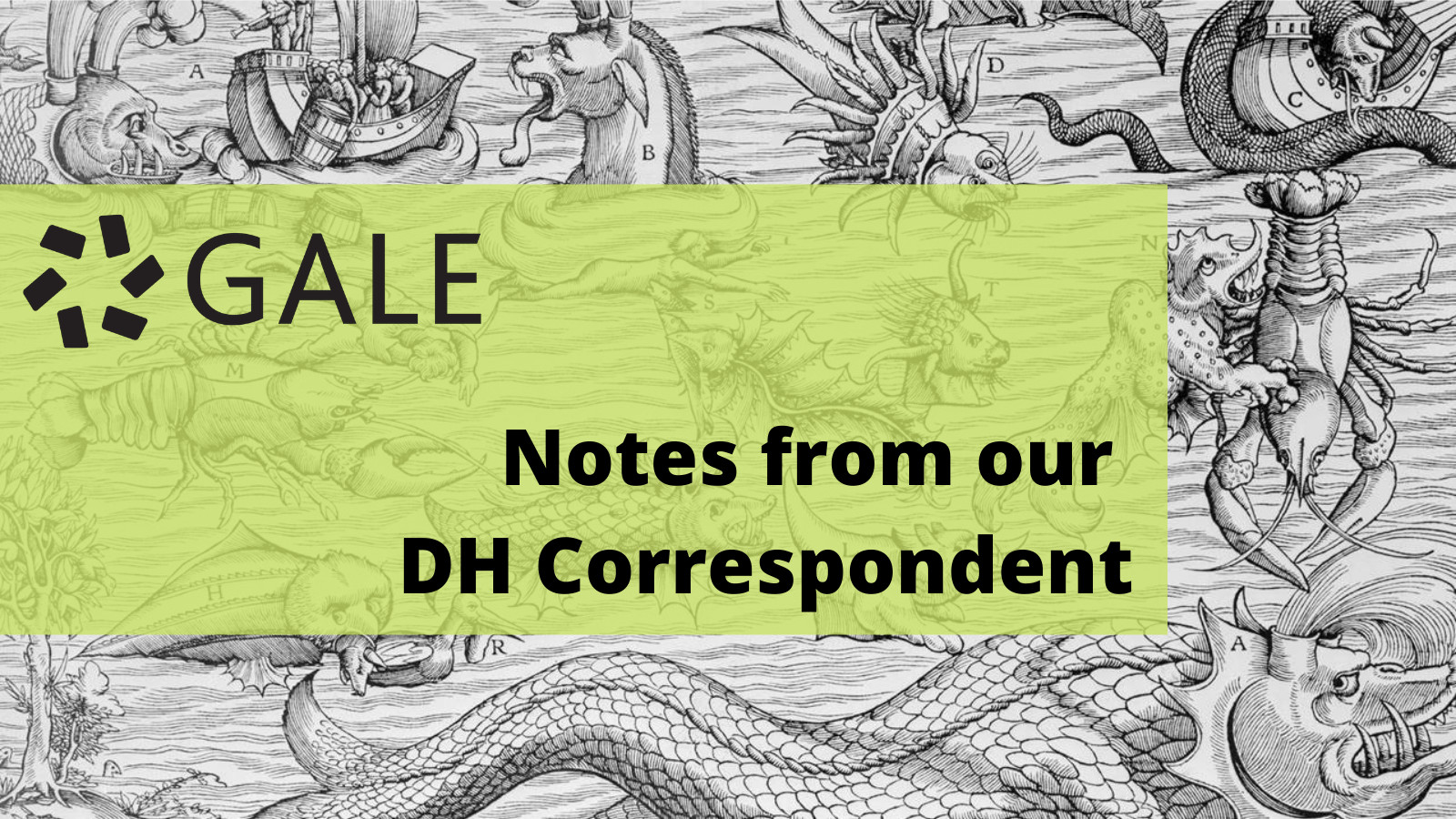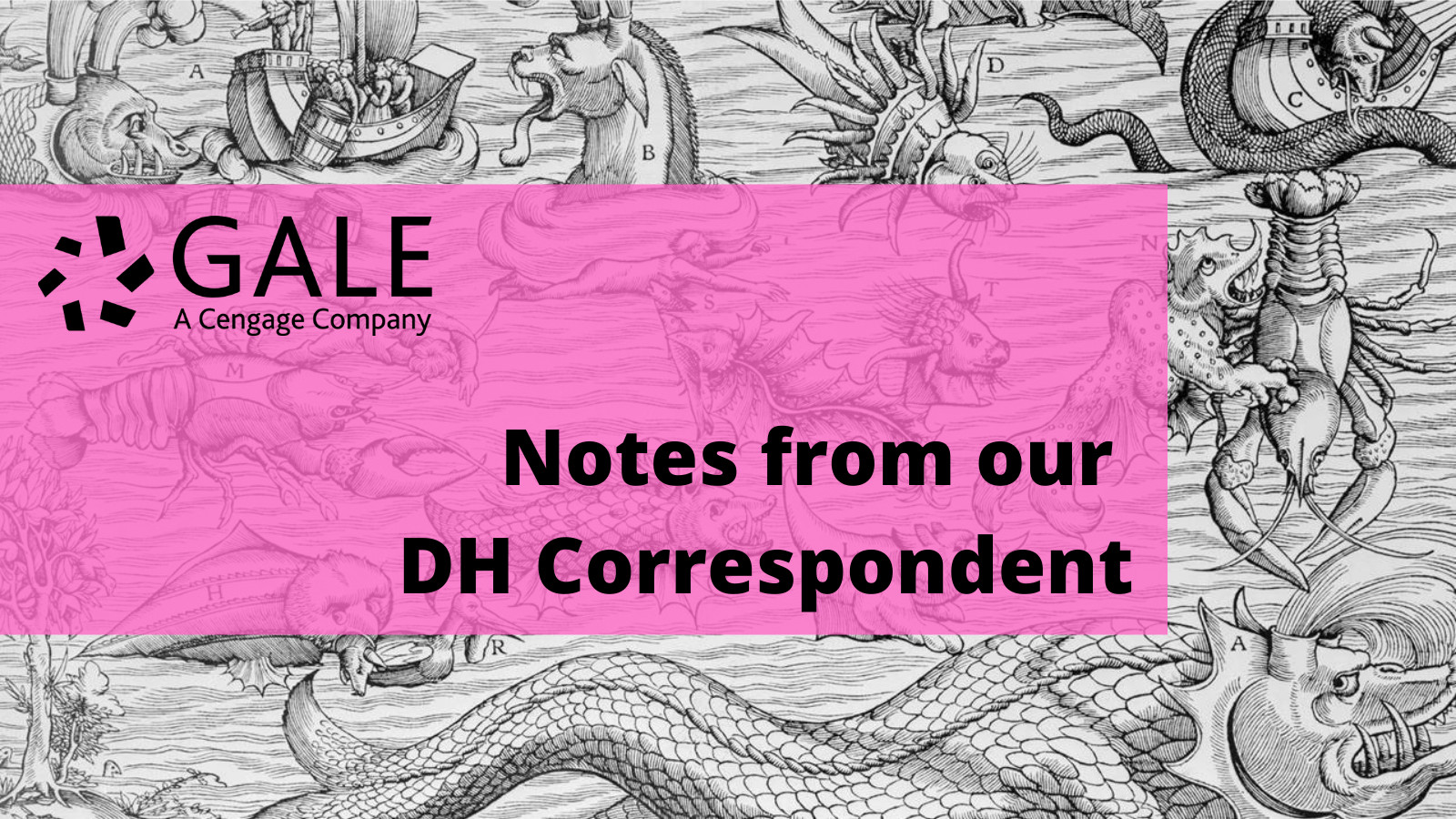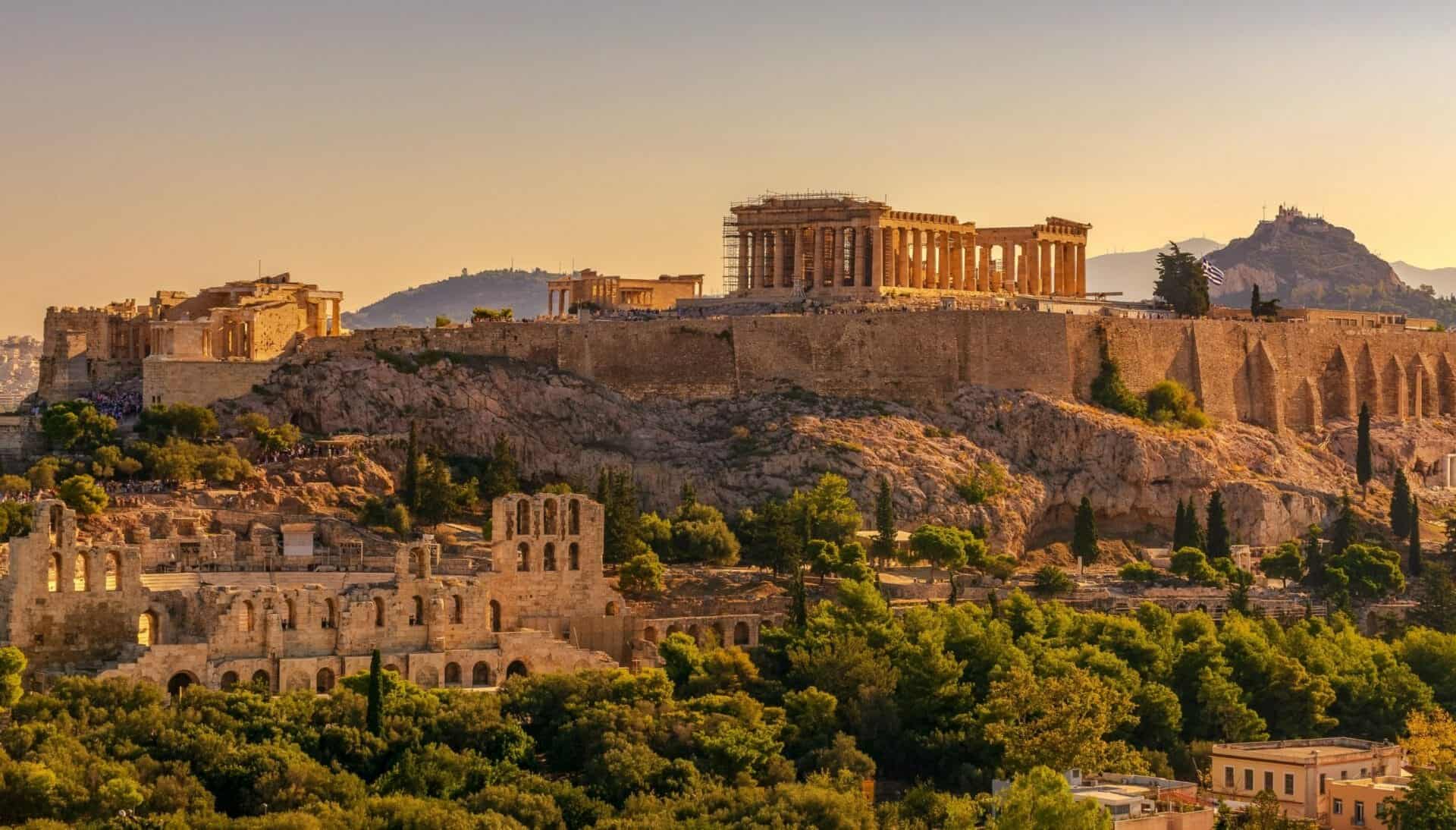│By Sarah L. Ketchley, Senior Digital Humanities Specialist│
This is a follow-up blog post to last month’s overview of working with Storymaps in the DH classroom. We will consider a few more ways to engage students in the creative and intellectually rigorous process of building Digital Humanities projects, conducting analyses, and demonstrating the outcomes of a quarter or semester’s-worth of work. Developing timelines, exhibits and maps involves making use of Gale Digital Scholar Lab’s export functionality, which includes the ability to download:
- The OCR text output of up to 5,000 documents in any given content set.
- The full metadata of a content set, up to 10,000 documents.
- Individual document images.
- Analysis visualisations in multiple image formats.
- Analysis raw data in CSV or JSON formats.
- Documentation and records completed using the Notebook feature, in multiple text formats.
This exported information can then be used as the underlying data for a variety of interactive and public-facing student assignments.

